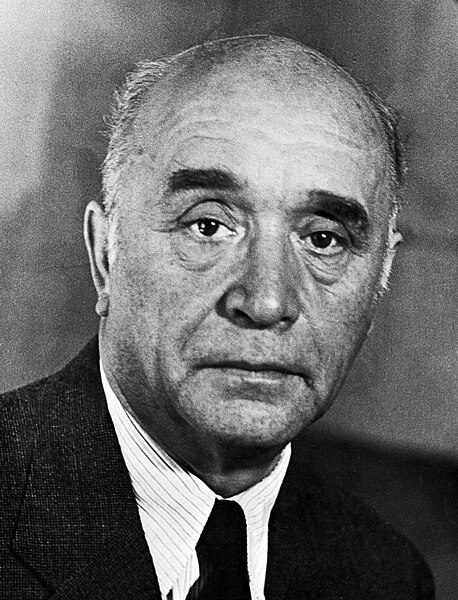Infinite photos and videos for every Wiki article ·
Find something interesting to watch in seconds
Celebrities
Great Artists
History by Country
Best Campuses
Countries of the World
Wonders of Nature
Animals
Great Cities
Great Museums
Crown Jewels
Rare Coins
Ancient Marvels
Orders and Medals
Kings of France
Largest Palaces
Presidents
Richest US Counties
World Banknotes
Famous Castles
British Monarchs
Supercars
Largest Empires
Recovered Treasures
Sports
Tallest Buildings
Wars and Battles
more top lists




